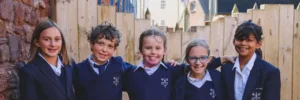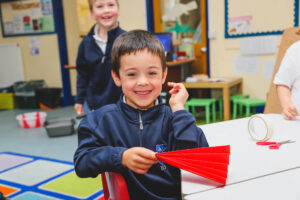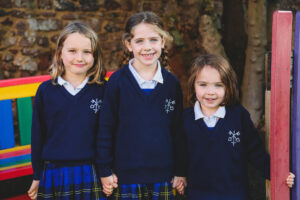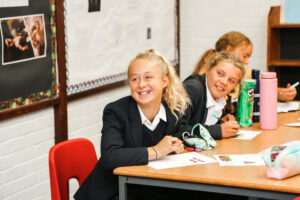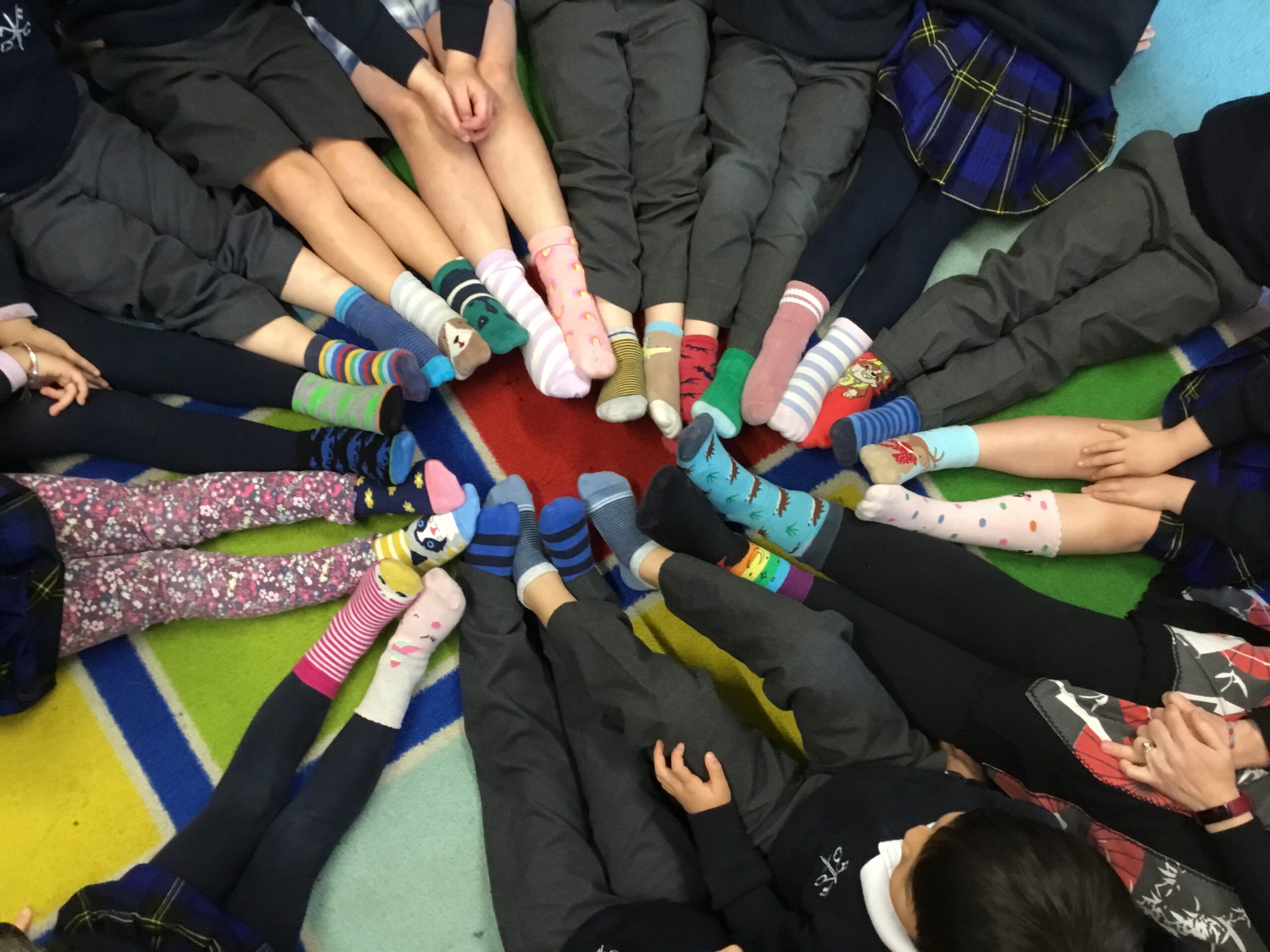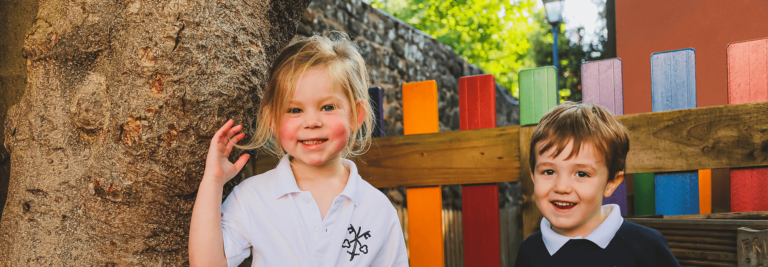Is there a special term for someone who always needs to have more than one book ‘on the go’? Or for the person who always leaves the house with a book tucked in a pocket or bag, and has another in the glove compartment, ‘just in case’? For the person who finally accepted the kindle they were offered on the grounds that they could take more books on the plane? Or the person who looks at potential bookshelf space before any other detail when considering a house move? Book lover? Bibliophile? Bookworm? Book-obsessed?
It may come as no surprise to learn that I love reading and that I can’t remember a time when I couldn’t read. Devouring story after story, I could lose myself in other worlds and ‘try on’ other characters: imagining myself as the lost princess in ‘The Princess and the Pea’ (I’d found the dried pea but just where were the 100 mattresses when I needed them?); blasting out tunes the Pied Piper would have been proud of on my recorder (was my father really wincing behind his newspaper?) as my siblings were rounded up and taken off into the mountain (a little artistic licence was required here – sheets draped over the washing line did the trick most admirably); chanting ‘Cook, little pot. Cook’ as I stirred my pretend porridge pot, knowing that I would never feel hunger if I could only hone my magic powers.
Not only did the worlds of those fairy tales allow my imagination to flourish, they also taught me the power and the wonder of words. Sometimes, they made me wish for what I didn’t have; Blyton’s myriad worlds of adventure sometimes made me look on my own ‘adventures’ in dismay. But, often, they acted as a window onto the world: a chance to explore other places; other peoples; other times. And, very often, they set me pondering, exploring, thinking. In other words, reading encouraged me to ask questions – it helped me to develop an enquiring mind.
I know that I am not alone when I talk of these formative experiences of fiction and that many of you, and your children, will have responded, or might still respond, in this way. For some, however, these imaginary worlds are more difficult to reach; the symbols on the page slip and slide, teasing the would-be reader with their elusiveness. It takes strength of will and true courage to keep returning to what Alberto Manguel calls ‘that string of confused, alien ciphers’ that form the written word. Yet, the sense of joy and achievement that comes when they ‘shiver[ed] into meaning’ is immense and so empowering: it is as if the secret code to a locked door finally lies within your grasp.
Of course, once that enchanted door opens, not only are you invited in to explore the wonders on offer but you, too, begin to create a magic of your own. The musicality, the artistry, and the splendour of the written word seep imperceptibly into your thinking where they mingle, develop and weave wonders in your own storytelling. Your vocabulary widens, your phrasing develops, and a voice of your very own is born. And, thus, your ‘writerly’ self comes into existence as you begin to recognise and appreciate Samuel Taylor Coleridge’s definition of “prose – words in their best order; poetry – the best words in their best order.”
And, while speaking of poetry, you may recall that, early in the Michaelmas term, I shared with you our plans for National Poetry Day where we were being encouraged to ‘See It Like A Poet’. There were some fantastic responses from pupils and staff as they shared their favourite poems and created new ones – some of which we shared with you on social media. I also wrote at that time of our plans for a new format for Declamations. I am pleased to tell you that we have entered the national Poetry by Heart competition and are holding our class competitions in the week beginning 8 March. There has been a real buzz in lockdown lessons as pupils have been busy learning the poems that they selected from the Poetry by Heart website and I am really looking forward to the judging rounds.
This year, World Book Day falls on 4 March. Always a wonderful opportunity to celebrate reading, this year we felt there could be no better way to combine our love of the written word with the return to school on 8 March than by celebrating all things creative on 5 March. The theme this year is ‘Share a Story’ and all pupils will be taking part in a Creativity & Performance Wellbeing Day, where we will be spending the day being very ‘bookish’.
We are asking pupils to dress up as their favourite book characters and to join in a Guess the Book competition in Form Time on Friday. This weekend might be the perfect opportunity to sort out a costume (it’s top of my list!) and to find a clue that your daughter or son can show in Friday’s form time when they challenge their classmates to Guess the Book, for example, if I showed a cooking pot and a wooden spoon I’d be showing clues to ‘The Magic Porridge Pot’.
In addition to the day itself, the World Book Day organisers are also running a competition called Show your Shares which began on 22 February and continues until 21 March. They are asking that we upload photographs of us sharing stories with prizes for the winning entries. Each week there will be a different theme which we will remind you of on our social media sites. This week’s is Books that make you Laugh out Loud and there’s still time to enter: Show Your Shares – World Book Day
The brief moment of calm which will descends after World Book Day won’t last for long, however, as the shortlist for the CILIP Carnegie and Kate Greenaway Book Awards will be announced in mid-March. Watch this space for more book-related opportunities and activities.
And, just when you thought there couldn’t be any more exciting news, there is! The Creativity & Performance Hub, and Years 7 and 8 Enrichment Drama class have been working really hard to prepare, and audition, for parts in their summer productions. Although it is too early to know exactly what the format of ‘Through the Wardrobe’ and ‘The Tempest’ will be, we are all very excited about the prospect of getting on stage to rehearse when we return to school.
Reading can teach us so many things and, to paraphrase from Roald Dahl’s novel ‘Matilda’, books can transport us into new worlds and introduce us to amazing people. Perhaps one of the most difficult and the most important things that reading can help us understand is the paradox of the written and spoken word. A person’s ability to choose and use language can be a blessing and a curse. Words can be incredibly precise yet terribly ambiguous; they can conjure up images of beauty and also of horror; they can instil hatred and violence or bring about peace; they have the power to hurt and the power to heal.
Perhaps, as we write, we might ponder on that paradox. Perhaps, as we read, we might consider that paradox. Perhaps, reading can lead us to a better understanding not only of who we are and who we might be but of who others are and how others might feel as well.
Miss Tamsin Bullocke
Head of Drama and English

